Corbulo: Rome’s Fearless General and Strategist
Introduction: The Man Behind the Legend
Gnaeus Domitius Corbulo was one of the most formidable military commanders of the Roman Empire during the 1st century AD. Known for his strict discipline, strategic brilliance, and unyielding loyalty to Rome, Corbulo played a crucial role in defending and expanding the empire’s eastern frontiers. His campaigns against the Parthians and his influence over Roman military doctrine left an indelible mark on history. Yet, despite his achievements, his life ended tragically, a victim of political intrigue. This article explores Corbulo’s early life, military career, and his lasting legacy as one of Rome’s greatest generals.
Early Life and Rise to Prominence
Corbulo was born around the year AD 7 into a distinguished Roman family. His father, who shared the same name, had served as a consul, ensuring that young Corbulo was raised within the highest circles of Roman aristocracy. Little is known about his childhood, but it is clear that he was educated in the traditional Roman manner, with emphasis on military training, rhetoric, and governance. By his early adulthood, Corbulo had already embarked on the cursus honorum, the sequential public offices that marked a Roman noble’s political and military career.
His first notable appointment came during the reign of Emperor Caligula (AD 37–41), who sent him to Germania as a military commander. Here, Corbulo demonstrated his strict discipline, reportedly ordering his soldiers to dig canals to keep them busy and punish idleness—an early sign of his no-nonsense leadership style. Though his time in Germania was not marked by major battles, it set the stage for his reputation as a stern and capable leader.
The Eastern Frontier: Confronting the Parthian Threat
Corbulo’s greatest challenges and triumphs came in the eastern provinces of the Roman Empire, where Parthia—Rome’s long-standing rival—posed a constant threat. In AD 54, Emperor Nero appointed him as governor of Cappadocia and Galatia, with a special mandate to stabilize the region and counter Parthian influence in Armenia, a contested buffer state between the two empires.
At the time, Armenia was under the rule of Tiridates, a Parthian-backed king, which Rome refused to recognize. Corbulo was tasked with reinstalling a Roman-approved ruler, a mission that required both military might and diplomatic finesse. He spent years rebuilding and retraining the legions stationed in the east, enforcing rigorous discipline and improving their combat readiness. His famous saying, “You have your weapons to use against the enemy, or, if necessary, against me if I give an unlawful order”, reflected his demand for absolute obedience and professionalism.
The Armenian Campaign and the Siege of Artaxata
In AD 58, Corbulo launched his Armenian campaign with a well-coordinated offensive. His strategy involved striking swiftly at key strongholds while avoiding prolonged sieges that could drain his forces. One of his first major victories was the capture of Artaxata, Armenia’s capital. Rather than storming the city directly—which would have led to heavy casualties—Corbulo used psychological warfare, cutting off supply lines and convincing the defenders to surrender without a full-scale assault.
His tactics were a masterclass in efficiency: rapid marches, calculated deception, and disciplined execution. After securing Artaxata, he moved on to Tigranocerta, another crucial Armenian city, which also fell under Roman control. By AD 60, Corbulo had successfully installed Tigranes VI, a Roman ally, as the new king of Armenia. For a time, it seemed that Rome had achieved a decisive victory in the region.
Diplomacy and the Peace of Rhandeia
However, Parthia was not ready to concede. In AD 61, the Parthian king Vologases I counterattacked, forcing Tigranes to retreat. The Romans suffered a humiliating defeat when an inexperienced commander, Paetus, led a disastrous campaign, resulting in the surrender of two legions. Corbulo, once again called upon to salvage the situation, demonstrated his diplomatic skills alongside his military prowess.
Rather than engaging in an all-out war, Corbulo negotiated the Peace of Rhandeia (AD 63), a compromise that allowed Tiridates to retain the Armenian throne—but only after accepting his crown from Nero in Rome. This symbolic gesture preserved Roman prestige while avoiding further costly conflict. Corbulo’s ability to balance strength and diplomacy ensured stability in the east for years to come.
Legacy of Leadership and Military Reforms
Beyond his battlefield successes, Corbulo’s legacy lay in his military reforms. Recognizing that many eastern legions had grown lax, he reinstated harsh discipline, weeded out corruption, and improved logistics. His emphasis on training and order became a model for later Roman commanders. Historians such as Tacitus praised him as a commander who “restored the ancient discipline among the soldiers”, setting a standard for future generations.
Yet, despite his contributions, Corbulo’s fate was sealed by the paranoid reign of Nero. In AD 67, after years of faithful service, he was summoned to Greece under false pretenses and ordered to commit suicide—a tragic end for one of Rome’s greatest military minds.
To Be Continued…
The next section will delve deeper into Corbulo's political challenges, his relationships with emperors, and the lasting impact of his campaigns on Rome’s eastern frontier. Stay tuned for the continuation of this exploration into the life and legacy of Corbulo.
Political Intrigue and Relationships with Emperors
Corbulo’s career unfolded during one of the most turbulent periods of the Roman Empire, marked by the reigns of Caligula, Claudius, and Nero. His ability to navigate the treacherous waters of imperial politics was nearly as impressive as his military achievements. Unlike many generals who met premature ends due to political missteps, Corbulo managed to maintain influence across multiple regimes—until his final, fatal encounter with Nero’s paranoia.
Under Caligula, Corbulo’s early assignments were relatively minor, but he gained crucial experience and demonstrated his strict disciplinary approach. When Claudius came to power in AD 41, Corbulo continued his ascent, benefiting from the emperor’s preference for competent administrators over sycophants. His appointment as governor of Germania Inferior further solidified his reputation, though it was under Nero that Corbulo reached the height of his power—and his ultimate downfall.
Nero initially recognized Corbulo’s value, entrusting him with the critical task of securing the eastern frontier. However, as Nero’s reign grew increasingly erratic, Corbulo’s unwavering discipline and immense popularity became liabilities. The emperor, surrounded by scheming advisors, grew suspicious of any figure who commanded such loyalty from the troops. Despite Corbulo’s proven allegiance, Nero viewed him as a potential rival—especially after the general’s successes in Armenia elevated his status to near-legendary proportions.
The Tragic End of a Loyal Soldier
In AD 67, Nero summoned Corbulo to Greece under the pretense of needing his military expertise. The real motive, however, was elimination. Upon arrival, Corbulo was ordered to commit suicide, a fate he met with the same stoicism that had defined his life. According to Tacitus, his final words were “I have deserved this”—not an admission of guilt, but a bitter acknowledgment of the irony that Rome rewarded its greatest defenders with betrayal.
Corbulo’s death was a chilling message to other ambitious generals: even the most loyal servant of Rome was not safe from imperial suspicion. Yet, his execution also underscored Nero’s growing instability, a factor that would contribute to the emperor’s own downfall just a year later. The legions Corbulo had once commanded would soon turn against Nero, and men like Galba and Vespasian would rise from the chaos Corbulo had tried so ardently to prevent.
Corbulo’s Influence on Roman Military Doctrine
Despite his tragic end, Corbulo’s military innovations endured long after his death. His emphasis on discipline, mobility, and psychological warfare influenced later Roman campaigns, particularly in the east. He understood that overwhelming force was not always the answer—sometimes, patience, intimidation, and strategic positioning could achieve better results with fewer casualties.
His tactics in Armenia, particularly the use of rapid marches and feigned retreats, became textbook examples of Roman adaptability. Later generals, including Trajan and Lucius Verus, studied his methods during their own eastern campaigns. Corbulo also pioneered improvements in siegecraft, preferring to starve out enemies or negotiate surrenders rather than waste lives in prolonged assaults. This approach not only preserved manpower but also minimized the destruction of valuable territories Rome sought to control.
The Armenian Settlement and Its Long-Term Consequences
The Peace of Rhandeia, though initially seen as a compromise, proved surprisingly durable. By allowing Tiridates to rule Armenia as a Roman client king, Corbulo created a buffer state that stabilized the region for decades. Tiridates’ ceremonial coronation in Rome in AD 66 was a masterstroke of propaganda, reinforcing the illusion of Parthian submission while avoiding further war.
This arrangement lasted intermittently until the Trajanic Wars of the 2nd century, demonstrating the foresight of Corbulo’s diplomacy. Unlike later emperors who sought outright conquest, Corbulo recognized the limits of Roman power and the value of indirect rule. His pragmatic approach became a model for managing Rome’s eastern frontiers, where brute force alone could never guarantee lasting control.
Corbulo in the Eyes of Contemporaries and Historians
Ancient historians, particularly Tacitus and Cassius Dio, portrayed Corbulo as the epitome of Roman virtus—courage, discipline, and loyalty. Tacitus, writing with a moralistic tone, contrasted Corbulo’s integrity with the corruption of Nero’s court, casting
Corbulo in the Eyes of Contemporaries and Historians
The historical record portrays Gnaeus Domitius Corbulo as both a paragon of Roman military virtues and a tragic figure undone by imperial politics. Tacitus, our primary source for much of Corbulo's career, depicts him as the ideal Roman general: stern but fair, brilliant in strategy, and uncompromising in discipline. In his Annals, Tacitus contrasts Corbulo's disciplined campaigns with the decadence and incompetence of Nero's court, using the general as a foil to highlight imperial corruption. However, some modern historians caution against viewing Corbulo as entirely flawless - his legendary severity toward his troops likely bred resentment, and his eventual rebellion against Nero (if the disputed accounts are true) suggests even he had limits to his loyalty.
The Corbulo Legend: Between History and Myth
Over time, Corbulo's reputation underwent significant transformation. In the immediate aftermath of his death, Roman writers (operating under Nero's successors) cautiously rehabilitated his memory. By the Flavian dynasty, he was celebrated as a martyr to Nero's tyranny. Later historians like Cassius Dio expanded these accounts, sometimes mixing fact with legend. Perhaps the most enduring myth portrays Corbulo as the father-in-law of Emperor Domitian through his daughter Domitia Longina - though scholarly consensus now disputes this connection. The Corbulo legend reached its apex in the Byzantine era, when military manuals cited his campaigns as models of strategic brilliance.
Military Innovations and Tactical Legacy
Corbulo's tactical genius manifested in several groundbreaking approaches to frontier warfare:
- Logistical Mastery: His Armenian campaigns demonstrated unprecedented attention to supply lines and seasonal campaigning windows.
- Psychological Warfare: Corbulo perfected the Roman version of "shock and awe," using rapid marches and strategic positioning to intimidate enemies into surrender.
- Hybrid Warfare: He combined conventional legionary tactics with irregular forces and local alliances, particularly in mountainous terrain.
- Disciplinary Reforms: His notorious strictness actually reduced casualties by making troops more effective while discouraging reckless engagements.
Succeeding generations of Roman commanders, from Trajan's eastern campaigns to Julian's Persian expedition, consciously imitated Corbulo's methods. The Byzantine strategist Maurice would later codify many Corbulo-inspired tactics in his military manual Strategikon.
The Corbulo Paradox: Loyalty and Rebellion
Historians continue debating Corbulo's final moments and possible rebellion. Traditional accounts maintain his unbroken loyalty to Nero, even in suicide. However, archaeological evidence of troop movements in Syria following Corbulo's death suggests possible unrest among his former legions. The discovery of coins bearing Corbulo's image (highly unusual for a non-emperor) hints at posthumous honors or even a short-lived loyalist movement. Some revisionist historians argue Nero may have had legitimate reasons to suspect disloyalty, pointing to Corbulo's extensive network of client kings and military connections.
Corbulo's Impact on Roman Border Policy
Beyond tactics, Corbulo fundamentally reshaped Roman strategic thinking about frontiers:
| Corbulo's Approach | Prior Roman Policy | Long-Term Impact |
|---|---|---|
| Client state buffer zones | Direct provincial rule | Became standard eastern frontier policy |
| Preemptive punitive raids | Reactive defenses | Adopted throughout Roman borders |
| Rotating frontier garrisons | Static legions | Helped prevent garrison "going native" |
His innovations in Armenia provided the blueprint for Rome's eastern defensive system that persisted until the Byzantine era. The modern concept of "defense in depth" arguably has roots in Corbulo's layered defense networks.
Archeological Rediscovery
Modern archaeology has substantially enhanced our understanding of Corbulo's campaigns:
Excavations at Tigranocerta (modern Silvan, Turkey) revealed defensive modifications matching Corbulo's siege descriptions. Recent satellite imaging has identified probable marching camps along his invasion routes in Armenia. Most remarkably, 2019 excavations near Artaxata uncovered a Roman engineering project - possibly one of Corbulo's border fortifications - demonstrating unprecedented technical sophistication for the period.
These discoveries confirm the historical accounts of Corbulo as both brilliant field commander and master military engineer, while sometimes contradicting ancient sources regarding campaign timelines and troop strengths.
Enduring Lessons from a Roman Master Strategist
Corbulo's career offers timeless insights into leadership and strategy:
- Discipline as Force Multiplier: His strict training regimens consistently produced qualitatively superior forces from mediocre raw material.
- The Diplomatic Option: His negotiated Armenian settlement secured Roman interests for generations without endless warfare.
- Adaptive Thinking: Whether in Germanic forests or Armenian highlands, Corbulo tailored tactics to terrain rather than forcing unsuitable doctrine.
- The Perils of Meritocracy: His ultimate fate demonstrates how autocratic systems often destroy their most capable servants.
Modern military academies from West Point to Sandhurst study Corbulo's campaigns as case studies in operational art and small-war tactics.
Conclusion: The Ultimate Soldier's Legacy
Gnaeus Domitius Corbulo represents both the pinnacle of Roman military professionalism and the tragic limits of service under tyranny. His career spanned jungle warfare in Germania, mountain campaigns in Armenia, and naval operations in the Black Sea - a testament to Roman military adaptability at its best. The empire would produce few commanders of his caliber after his death, and none
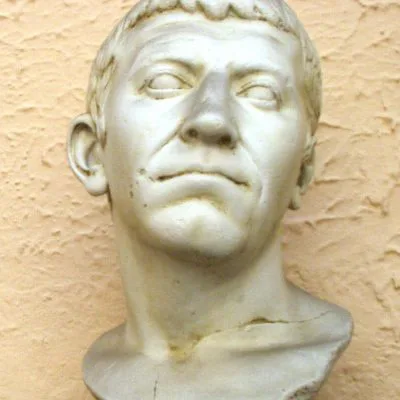
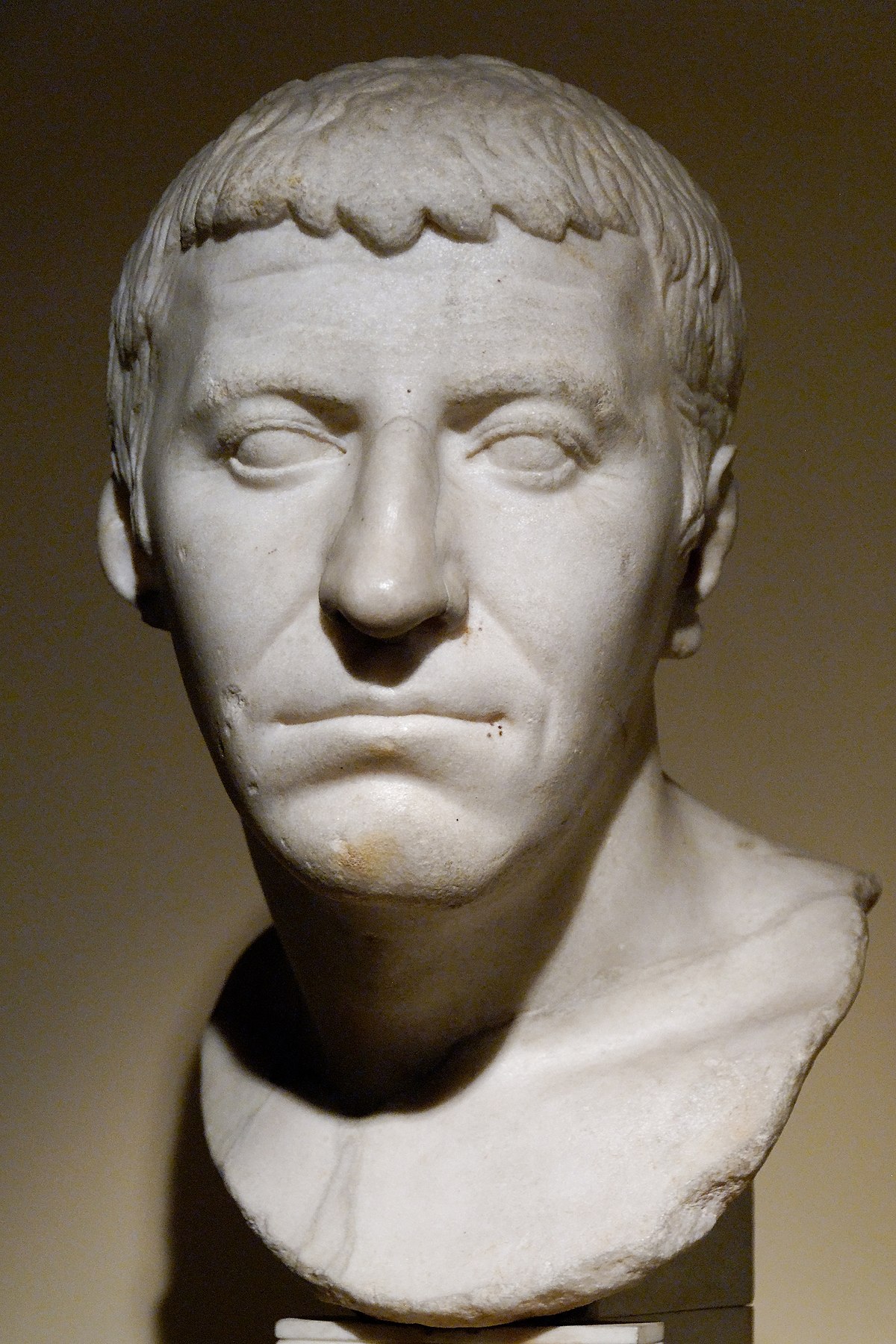


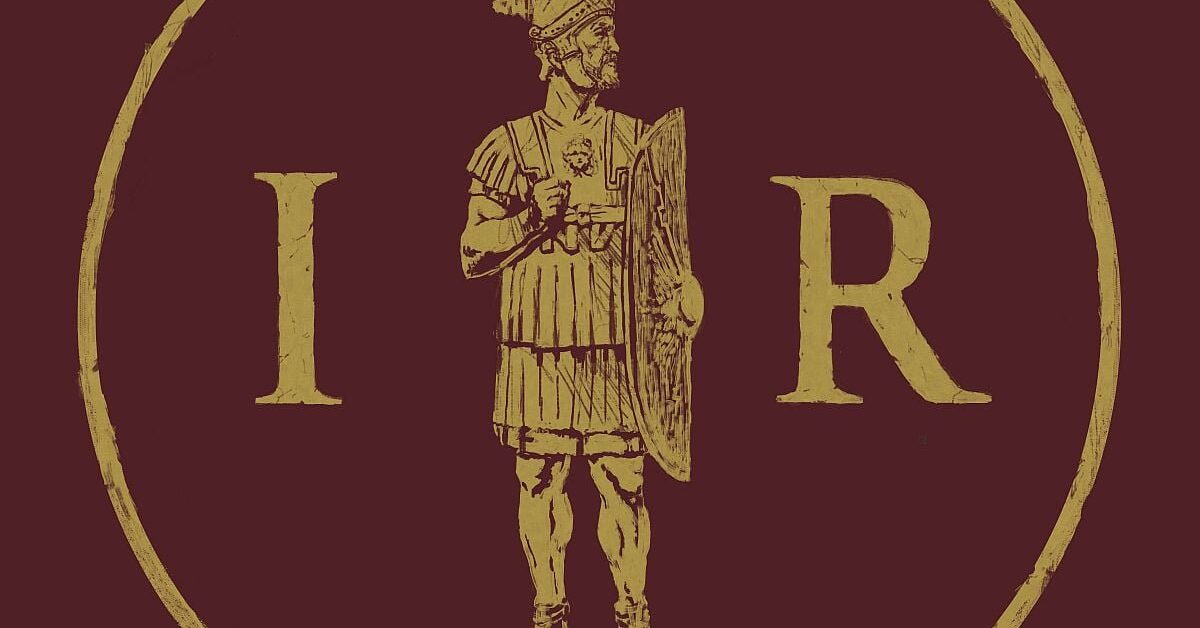





:focal(1134x648:1135x649)/https://tf-cmsv2-smithsonianmag-media.s3.amazonaws.com/filer_public/49/26/4926c5f7-b1c9-4b5c-842c-cfe6cdb13a1d/panoramica_1.jpg)

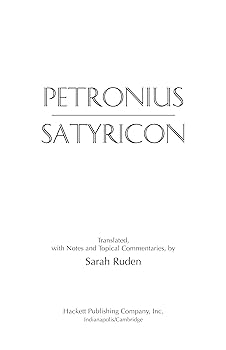

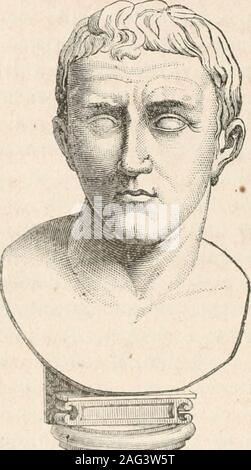




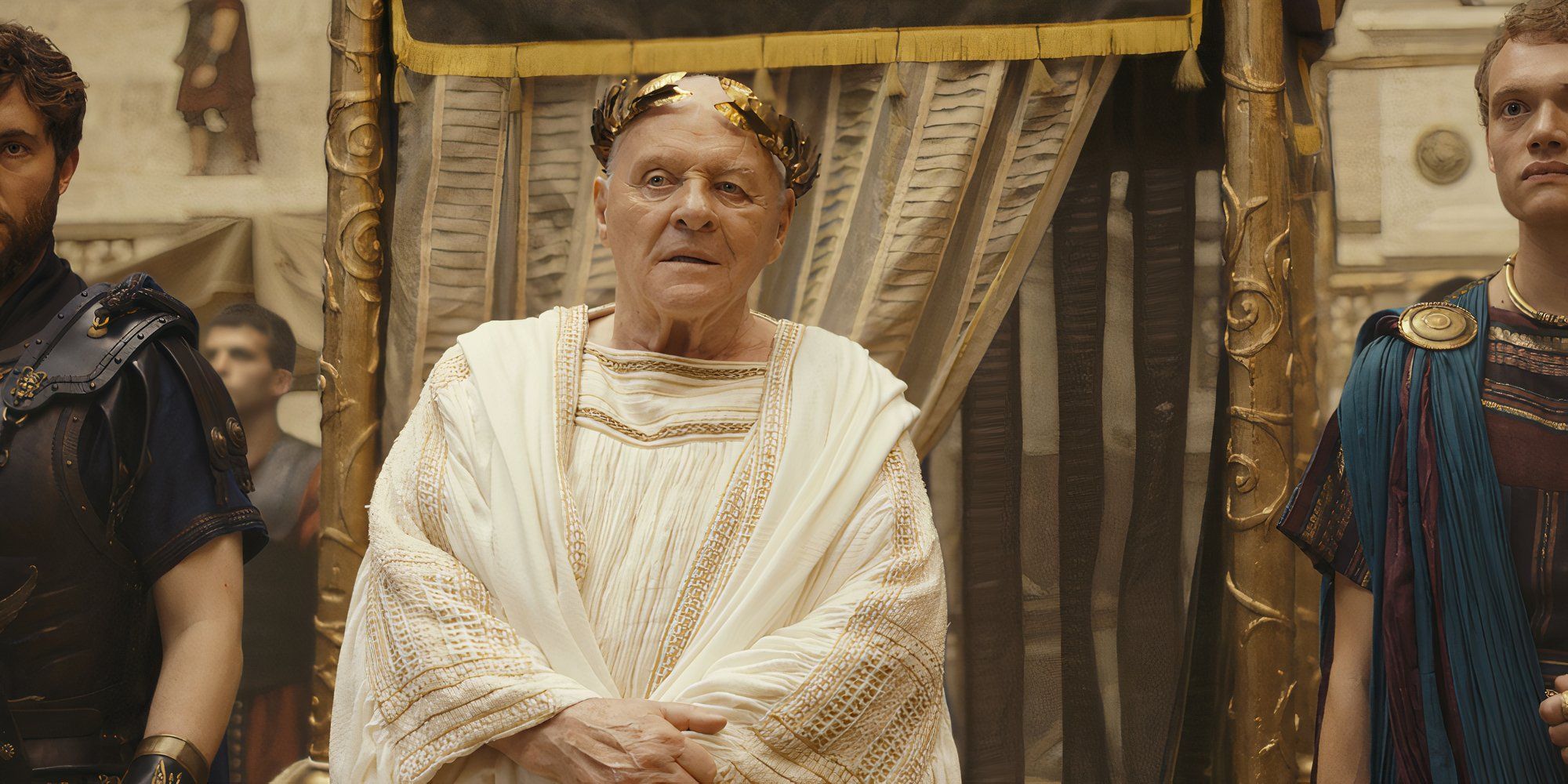
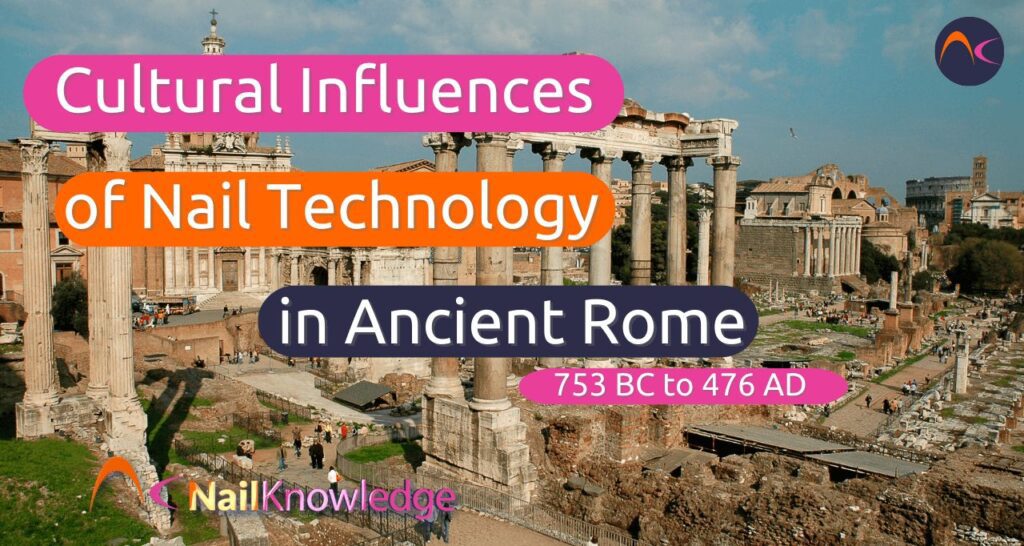
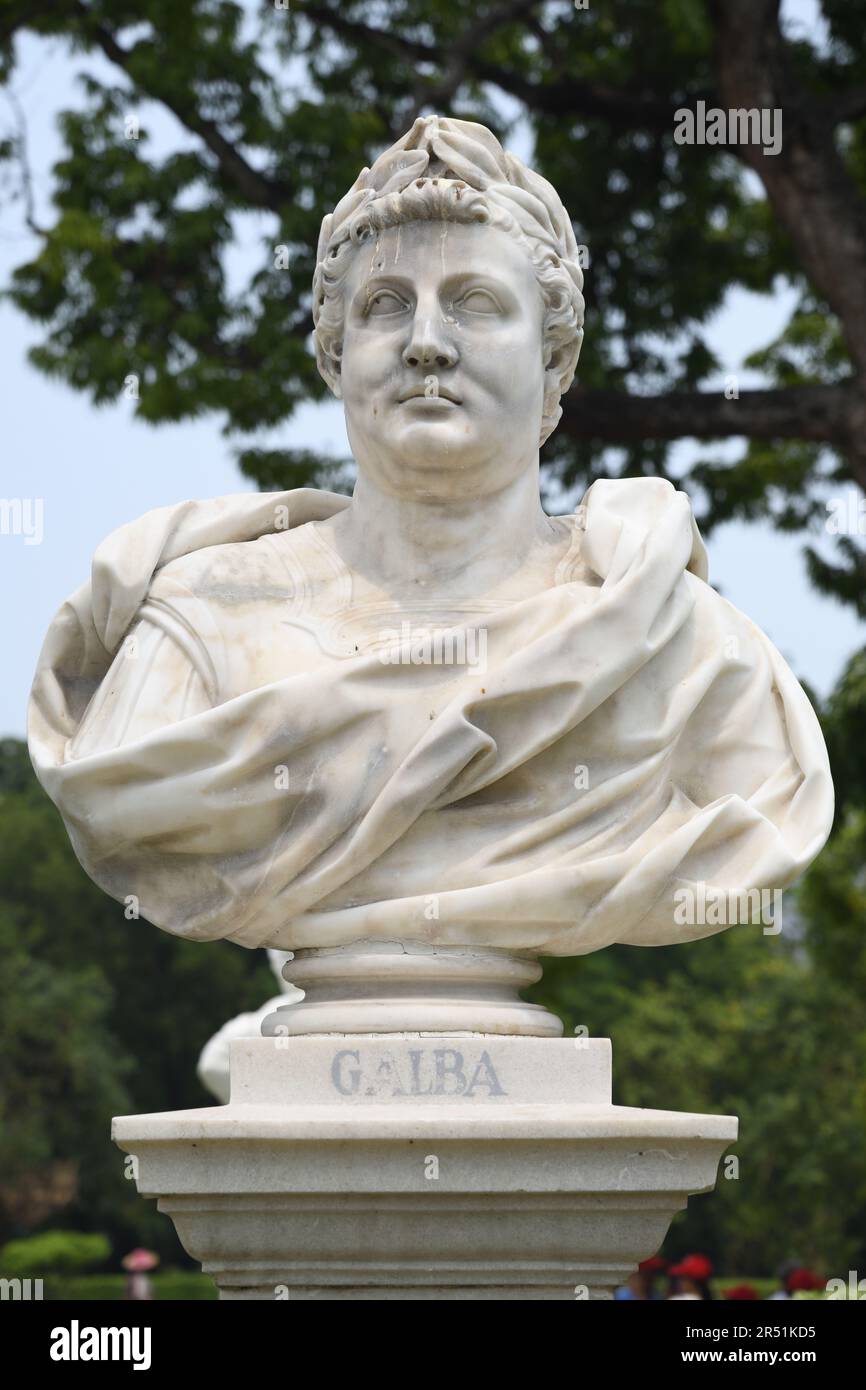


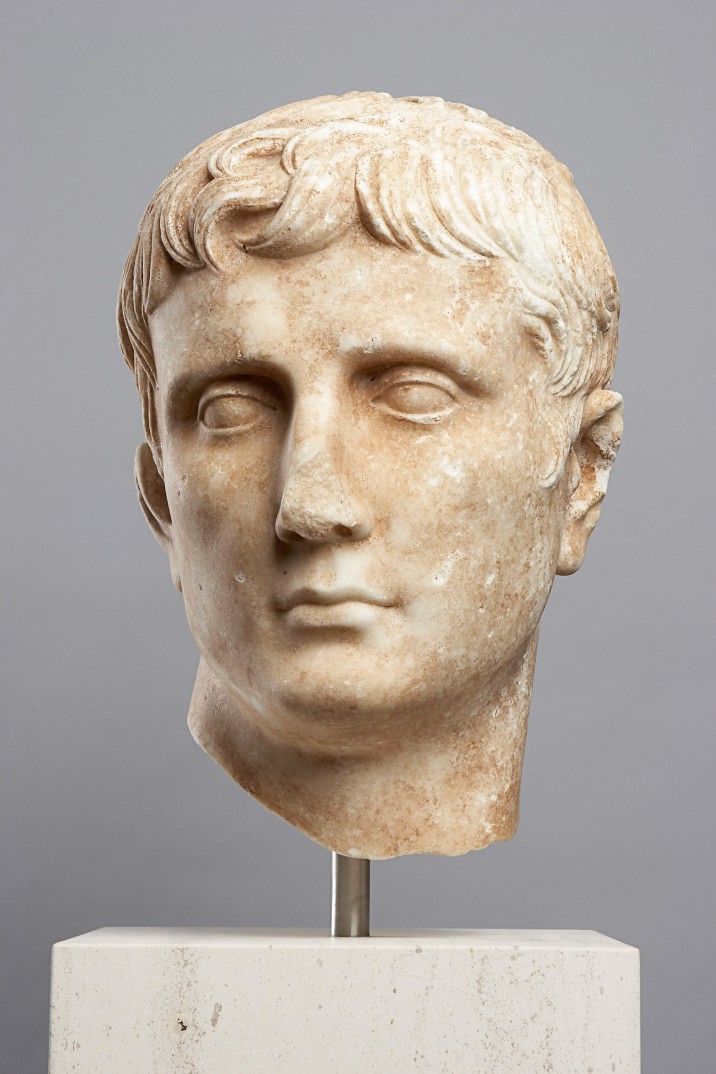


Comments